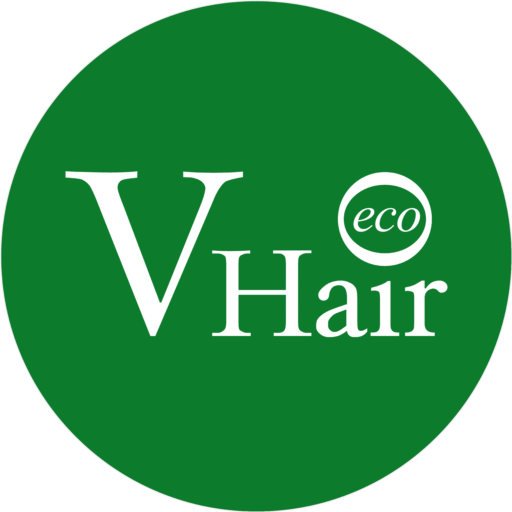No products in the cart.
Return To ShopWHAT IS VIRGIN HAIR
What is VIrgin Hair





In the world of hair extensions and wigs, the term “virgin hair” often stands out as a marker of quality and luxury. But what exactly is virgin hair? Understanding this term can help you make informed decisions when choosing hair products, ensuring you get the best value for your money.
Characteristics of Virgin Hair
- Natural Integrity – One of the primary characteristics of virgin hair is its natural integrity. Since it has not been subjected to any chemical treatments, the cuticles are fully intact. This helps maintain the hair’s strength, elasticity, and natural shine. The alignment of the cuticles also reduces tangling and matting, making virgin hair extensions a more manageable option.
- Longevity – Virgin hair is known for its durability. Because it is free from harsh chemical treatments, it can last significantly longer than other types of hair extensions. With proper care, virgin hair can be reused multiple times, offering excellent value over time.
- Versatility – Another notable feature of virgin hair is its versatility. Since it hasn’t been pre-treated, you have the freedom to style it as you wish. You can dye, bleach, curl, or straighten virgin hair just like your own natural hair, providing endless styling possibilities.
Sources of Virgin Hair
- Donor Hair – Virgin hair typically comes from a single donor, ensuring uniformity in texture and color. The hair is usually cut in ponytails or braids to keep the cuticles aligned in the same direction, which helps prevent tangling.
- Geographic Origins – The most sought-after virgin hair often comes from regions known for their hair quality, such as India, Brazil, Peru, and Malaysia. Each region’s hair has distinct characteristics. For example, Indian virgin hair is known for its thickness and versatility, while Brazilian virgin hair is prized for its fullness and bounce.
Virgin Hair vs. Other Types of Hair
- Remy Hair – While virgin hair is completely unprocessed, Remy hair refers to hair that may have undergone mild processing but still retains its cuticles in their natural direction. Remy hair is also high quality, but it may not offer the same longevity and versatility as virgin hair.
- Non-Remy Hair – Non-Remy hair, on the other hand, comes from multiple donors and often has cuticles going in different directions. This type of hair is more prone to tangling and matting and typically undergoes more processing to ensure manageability, which can affect its durability and appearance.
Caring for Virgin Hair
Proper care is essential to maintain the quality and longevity of virgin hair. Here are some tips:
Washing
Use sulfate-free shampoos and conditioners to avoid stripping the hair of its natural oils. Wash the hair gently, and avoid rough handling to prevent tangling.
Drying
Pat the hair dry with a soft towel and let it air dry whenever possible. Avoid excessive use of heat styling tools, and always use a heat protectant when styling.
Styling
As mentioned earlier, virgin hair is versatile and can be styled in various ways. However, to keep it looking its best, avoid excessive heat and chemical treatments. When using styling products, choose those that are free from alcohol and sulfates to prevent drying out the hair.
Conclusion
Virgin hair is a premium choice for hair extensions and wigs, offering unmatched quality, longevity, and versatility. By understanding what virgin hair is and how to care for it, you can make the most of your investment and enjoy beautiful, natural-looking hair that enhances your style and confidence.
At Savitri Hair, we pride ourselves on offering top-quality virgin hair that meets the highest standards. Explore our range of virgin hair products on our website, www.savitri.hair, and experience the difference that true virgin hair can make.
Our Top Virgin Hair
Sale
Sale
Sale
Tags: BeautyProducts, HairExtensions, HairExtensionTypes, HairTextureGuide, HairTextures, HairTypes, HairWeaves, HumanHairExtensions, RemyHairExtensions, SlavicHair, SyntheticHairExtensions
Share Post










Add comment